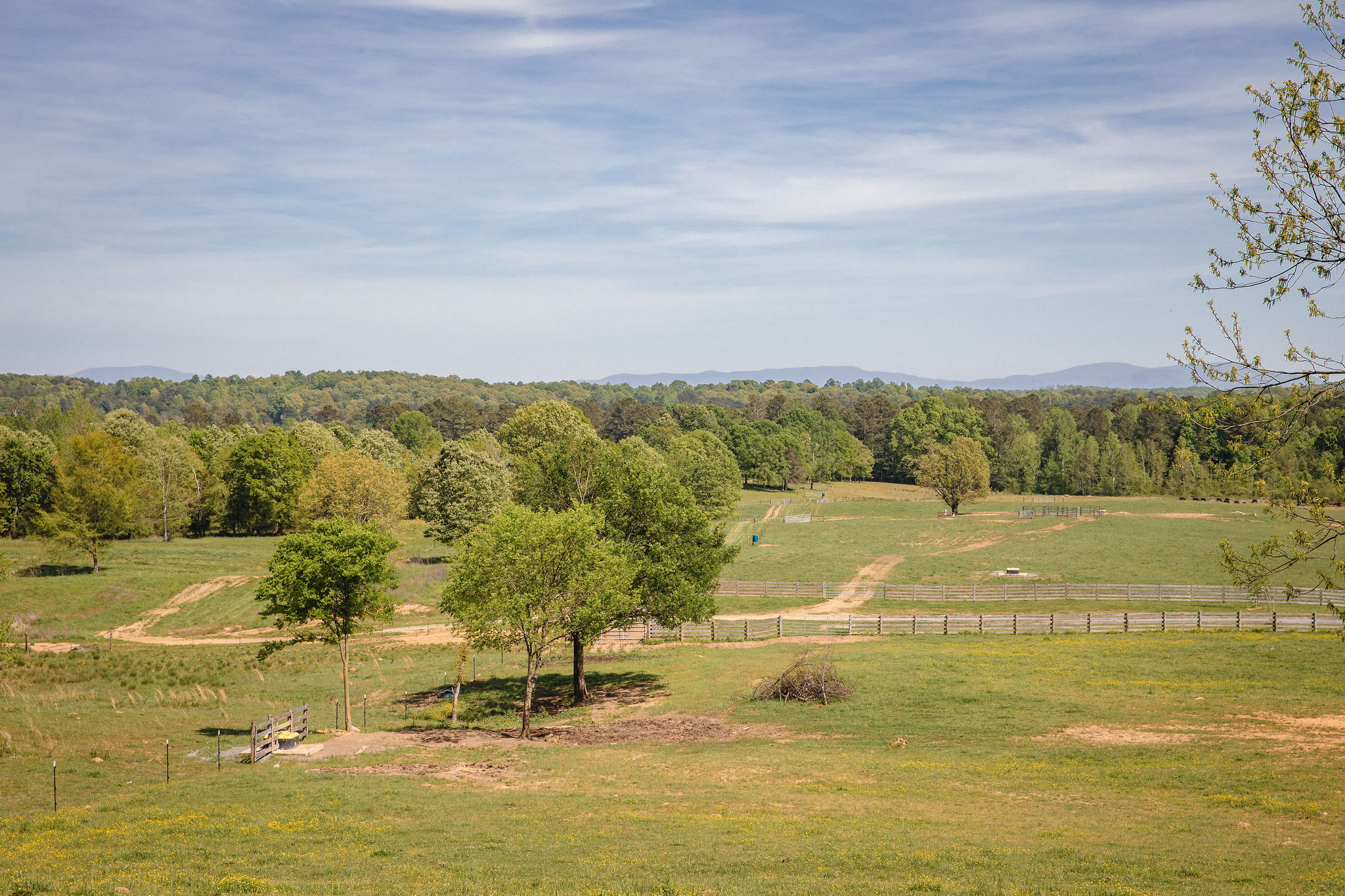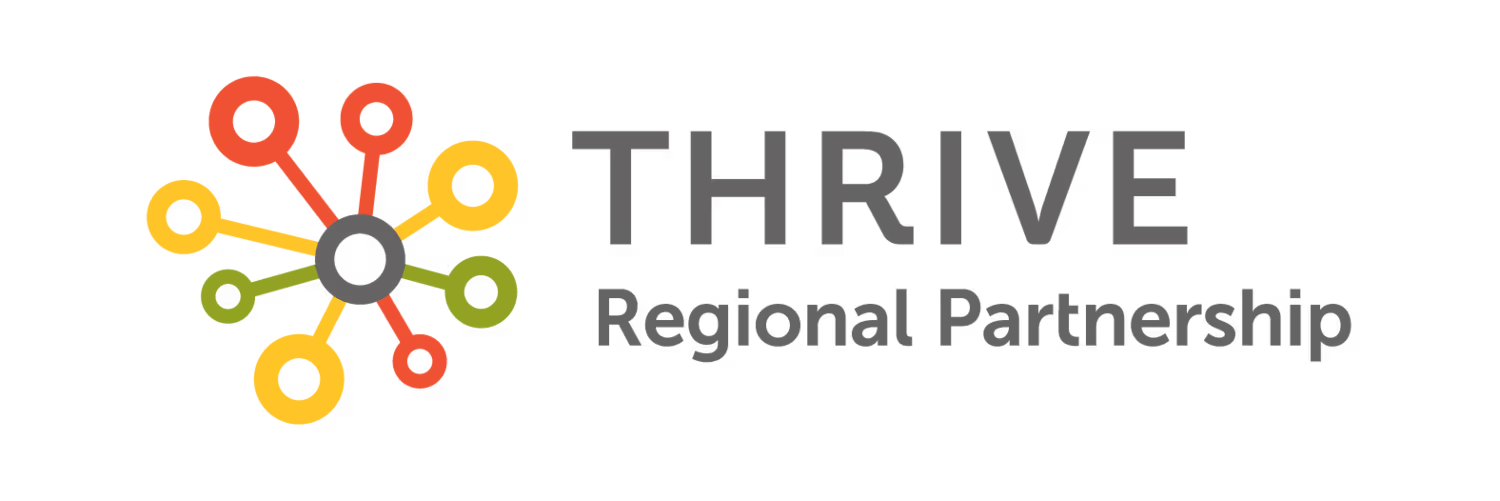News
Chattanooga is at a Crossroad
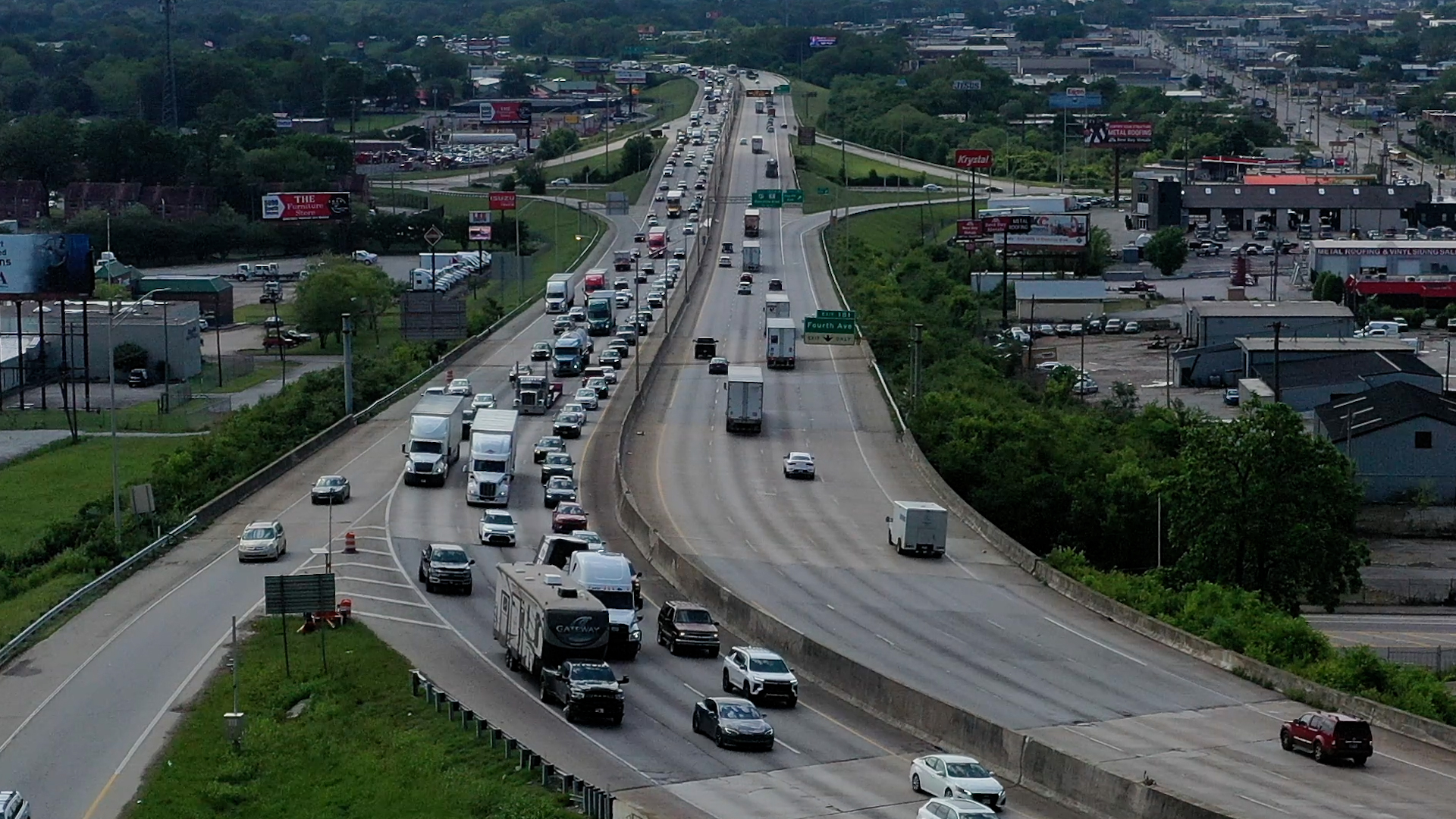
If you’ve driven through the I-75 / I-24 interchange lately, you know the feeling…wedged between tractor-trailers, stuck in stop-and-go traffic, and watching your ETA on the GPS creep later and later. For many of us, this drive has become stressful at best and downright dangerous at worst.
Recent flash floods and tragic crashes are a sobering reminder that these are not just traffic jams. These are multi-ton machines moving people and products, and the stakes are high.
You aren’t alone in feeling it. Chattanooga is one of the busiest freight corridors in the entire country. Every day, more than 20,000 trucks travel through our interstate system. That number is climbing, and it’s affecting daily life for families, commuters, businesses, and visitors alike.
At Thrive, we recognize that the I-24 corridor through Moccasin Bend isn’t just a local road— it’s a critical freight route for the entire southeastern United States. I-24 connects distribution hubs and manufacturing centers across our Tennessee, Georgia, and Alabama region. When congestion bottlenecks here, local delivery schedules slip, operating costs climb, and safety risks increase for our families, as well as company drivers.
The Tennessee Department of Transportation (TDOT) is already working on widening I-24 through Moccasin Bend. That project is moving forward, and Thrive has not taken a formal position for or against it. Our role is to convene and elevate regional perspectives to ensure freight needs are weighed alongside community, environmental, and economic impacts.
But here’s the reality— research shows widening alone is not a silver bullet. Increased capacity can temporarily ease congestion in freight-heavy corridors, but eventually more lanes invite more traffic. That’s why widening is one piece of a much broader strategy. If we want real, lasting relief on our interstates, we must think beyond asphalt and consider technology, multimodal options, and smarter land use.
Earlier this month, Thrive convened policymakers, transportation officials, and business leaders at our sixth annual State of Freight Forum. The message was clear: no single fix will solve our region’s challenges. We need a combination of approaches that ease congestion, improve safety, and build long-term resilience.
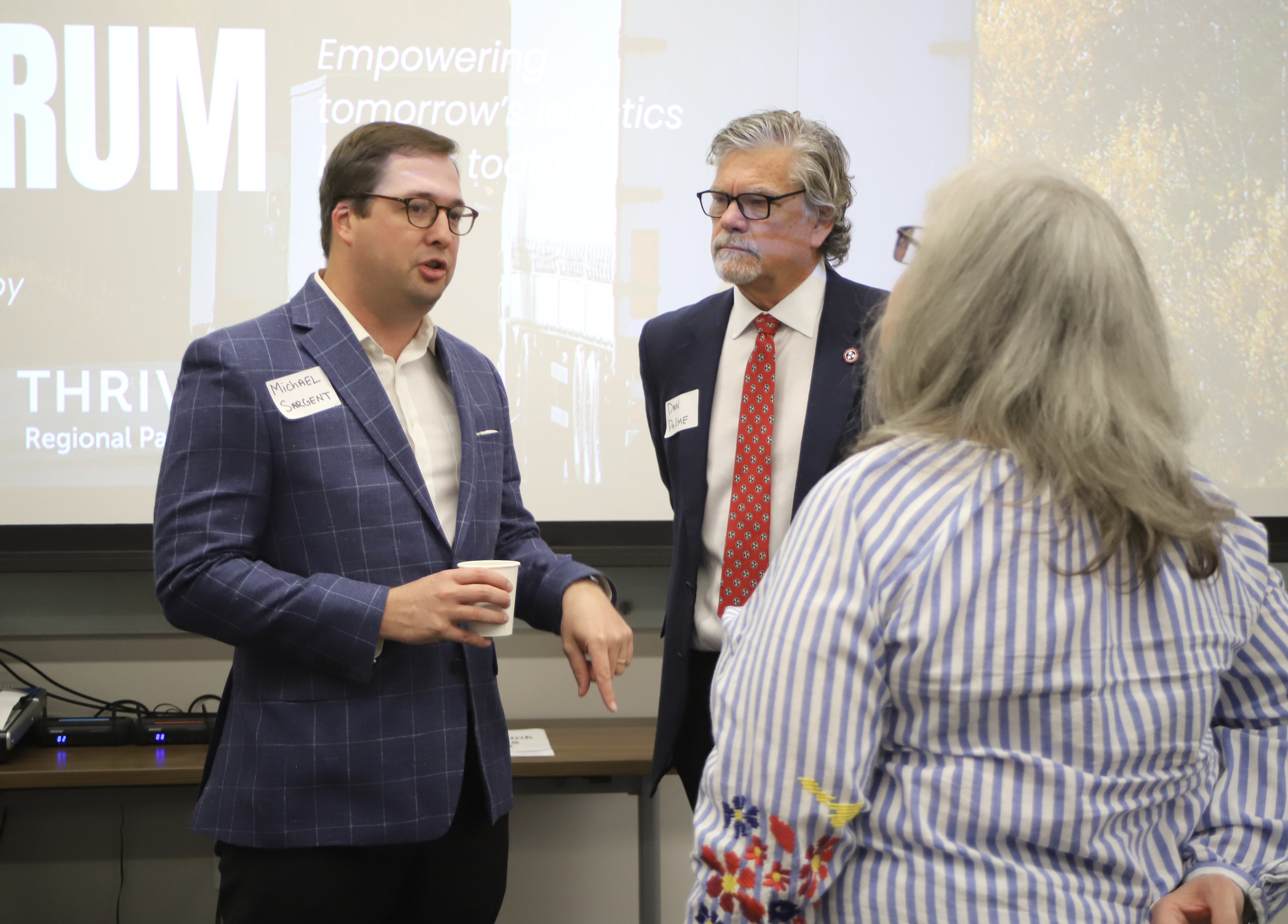
One promising approach is a voluntary, user-paid, truck-only choice lane. Much like Atlanta’s Peach Pass lanes designed for the high volume of commuters, the high volume of truck drivers passing through our region could opt-in to a faster, more reliable route. Separating freight traffic from passenger cars reduces collisions, keeps goods moving, and lowers costs for shippers and consumers, all while freeing up space for everyday commuters. The Georgia Department of Transportation (GDOT) is already building 41 miles of truck-only lanes south of Atlanta. Chattanooga, at the heart of “Freight Alley,” is a natural pilot for Tennessee’s first.
Another approach lies in moving more freight off our roads altogether. Our region is uniquely positioned with access to the Tennessee River, active rail corridors, and a growing airport. At the forum, TDOT’s Dan Pallme reminded us, “The top five cities in Tennessee are connected by water. What if we used it better?”
The ongoing Chickamauga Lock expansion is expected to be operational by 2028 and will allow barge tows of up to nine barges, each carrying the equivalent of more than a thousand tractor-trailers. Inland ports, like the one in Murray County, Georgia, already help shift freight from Atlanta’s interstate highways to rail, saving time and reducing wear and tear on roads. These multimodal connections are key to building a resilient freight ecosystem.
Chattanooga is a leader in technology, and our interstates should reflect that same spirit of innovation. From adaptive signals on parallel routes to truck platooning and driverless vehicles, our panelists at the forum reminded us: the future is already here. Even basic steps like updated striping on our roads can help our infrastructure keep pace with technology. At the same time, coordinating how and where we build housing, industry, and roads can reduce pressure on our infrastructure system long-term.
These may sound like technical solutions, but they affect all of us. For commuters, it means shorter, safer drives that result in less time stressed in traffic and more time at home. For businesses, reliable shipping means lower costs and stronger competitiveness. For residents, less idling means cleaner air and fewer disruptions to everyday life. For governments, resilient infrastructure keeps our region economically competitive.
We are at a crossroads, literally and figuratively. Freight congestion will not solve itself, and widening highways simply won’t be enough. The good news is we already have the minds, the talent, and the framework to lead the nation. Thrive’s Freight Mobility Coalition and our flagship annual event, the Tri-State Summit, bring together voices across southeast Tennessee, northwest Georgia, and northeast Alabama to tackle these challenges collaboratively.
Infrastructure investments of this scale have long-term consequences. They can either set us up for decades of mobility and growth or lock us into patterns that don’t serve future needs. That’s why your voice matters. These solutions will work best when shaped not just by engineers and policymakers, but by the people who drive these roads every day.
The August flooding along I-24 reminded us that resilient infrastructure is no longer optional. Our challenges are growing, but so are the opportunities. If we pilot innovative, multi-pronged solutions now, we can keep our economy moving, protect our quality of life, and make Chattanooga a national model once again.
It’s time to roll up our sleeves. Let’s build the future of Freight Alley together.
This op-ed was published in the Chattanooga Times Free Press on August 23, 2025.
More Like This

Thrive Launches New Civic Experiment Grant Program
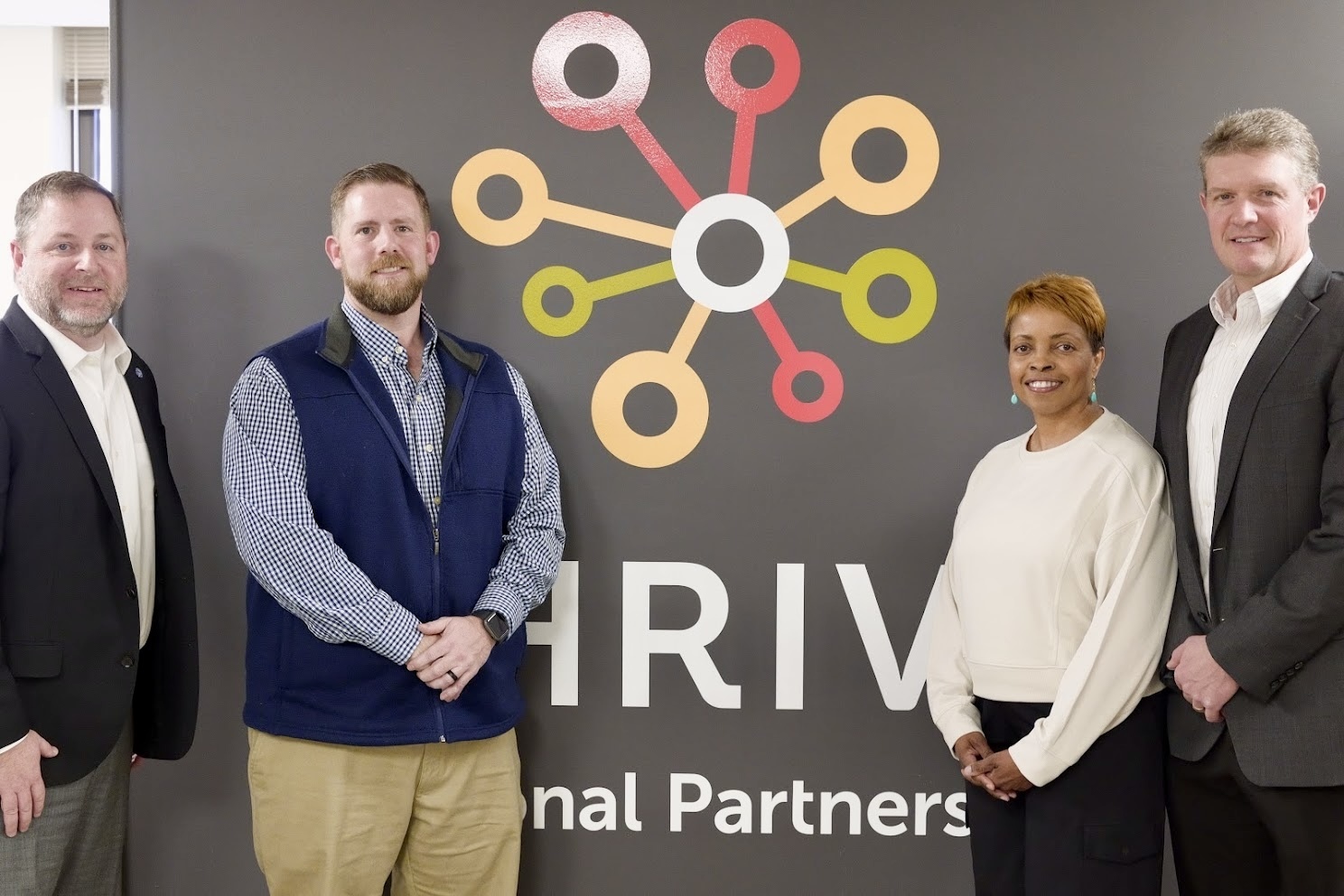
Thrive Regional Partnership Announces New Trustees in 2026
